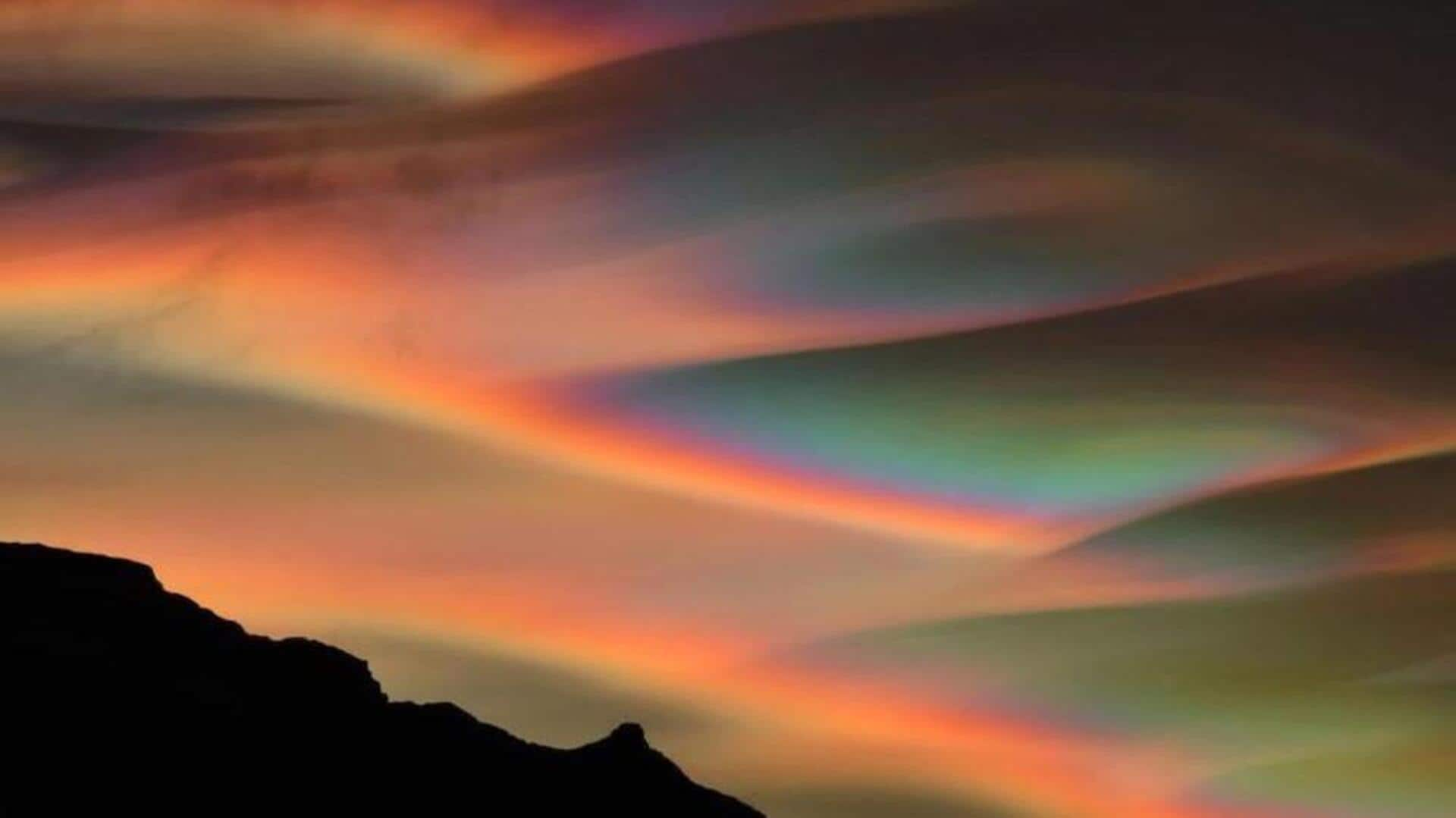
Northern polar stratospheric clouds are elusive atmospheric jewels that form only under specific conditions in the winter polar stratosphere when the sun is just below the horizon. This perfect ballet creates a dazzling display of iridescent colors that ripple across the polar skies, providing a truly unforgettable visual experience. Best time for observation The ideal period to witness these mesmerizing clouds is from late December to early March.
This is because, during the winter months, temperatures in the polar stratosphere drop below -78 degrees Celsius, which is crucial for the formation of nacreous clouds. By timing your visit within this period, you greatly increase your chances of witnessing this stunning natural phenomenon. Ideal locations for viewing Nacreous clouds are mostly observed in high-latitude regions, including Norway , Sweden , Finland, and Iceland in Europe; and Alaska and Canada in North America.

In fact, Tromso (Norway) and Kiruna (Sweden) are the most popular destinations because of their easy accessibility and higher probability of sightings. These locations have clear dark skies, far from the city lights, where one can witness the colors dance in the sky. Preparing for your adventure Since nacreous clouds occur in extremely cold conditions, it's crucial to dress warmly.
Get yourself some good thermal clothing. Think insulated jackets, waterproof pants, thermal gloves, and hats. You want to stay cozy while you're hunting for those rainbows in the sky.
A thermos with some hot drinks wouldn't hurt either. It'll help keep you warm while you wait for the light show to start. Photography tips for capturing nacreous clouds To photograph the ethereal beauty of nacreous clouds, you need to be prepared.
Choose a camera that allows you to adjust settings manually. A tripod is crucial to eliminate hand shakiness in the cold and achieve sharp images in low light. Set your camera to a high ISO and choose a slow shutter speed, this will help the vibrant colors pop against the dark skies.
Respect nature and local guidelines While chasing this phenomenon, it's crucial to leave no trace behind, ensuring you only take memories and leave footprints. Always follow local rules regarding encounters with wildlife and waste disposal. Areas with high likelihood of witnessing these clouds are often fragile ecosystems.
By leaving them as we found them, we guarantee that future generations can experience these natural wonders just as we did..











